Visiting Asia for the first time can surprise you in small, but unexpected ways. Street signs look unfamiliar, local habits might feel confusing, and even something simple like using the bathroom can become a guessing game.
But that’s part of what makes it exciting — stepping into a world where everyday things work a little differently. Here’s a list of 18 smart travel tips that’ll help smooth out those early bumps and ease you into the rhythm of things.
Learn a Few Words First

You don’t need to be fluent, but knowing how to say ‘hello’, ‘thank you’, and ‘excuse me’ in the local language goes a long way. Locals notice the effort, and it usually gets you a smile or better service.
Plus, it shows respect — like you’re not just passing through, but actually paying attention. Apps like Google Translate can help when you get stuck mid-conversation.
Be Careful Where Your Feet Point
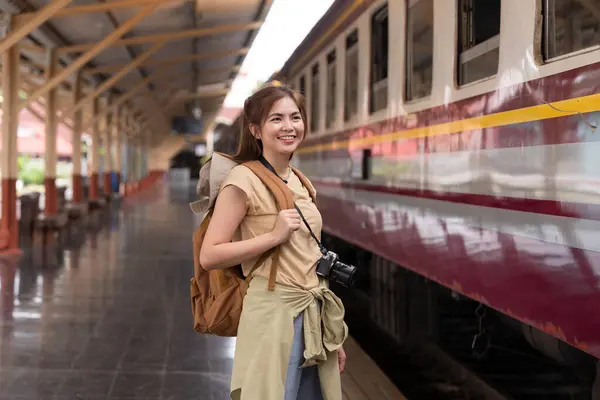
In many parts of Asia, feet are considered the least respectful part of the body. That means no putting them on seats, pointing them at people, or sticking them out during meals.
Sitting cross-legged? Make sure your soles aren’t aimed at someone. And always take off your shoes when going into someone’s home or a temple.
Like Travel Pug’s content? Follow us on MSN.
Don’t Count on Everyone Speaking English

Yes, English is common in major cities — but head outside tourist zones and you’ll find it’s hit or miss. Shop signs, menus, and even train announcements might be entirely in the local script.
If you’re in a pinch, point politely, smile, and use a translation app. Staying patient helps more than perfect grammar.
Dress with Local Customs in Mind

Tank tops and short shorts might be fine in some spots, but others expect more modest clothing, especially around temples or rural areas. Covering your shoulders and knees is usually a safe bet.
A scarf or shawl in your daypack can come in handy when rules change unexpectedly. When in doubt, see what the locals are wearing and follow their lead.
Prepare for Different Toilet Situations

Not every bathroom is built the same. In plenty of places, you’ll run into squat toilets — and don’t be surprised if there’s no toilet paper. It’s normal.
Carry tissues or wipes just in case, and bring hand sanitizer, too. You’ll thank yourself later.
Like Travel Pug’s content? Follow us on MSN.
Use Two Hands to Give and Receive
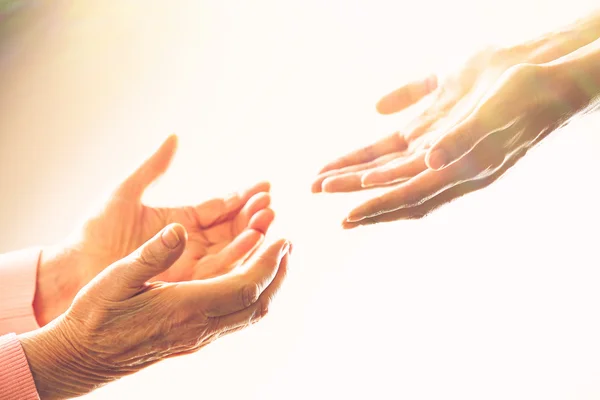
When handing someone a gift, money, or even your passport, using both hands shows respect. It’s a small gesture, but it matters in places like Korea, Vietnam, and Thailand.
And when you’re the one receiving something? Do the same — it makes a difference.
Know the Dining Do’s and Don’ts

Some habits don’t translate. In Japan, slurping noodles is a compliment. In China, sharing dishes is expected. But wherever you are, don’t stick chopsticks upright in a bowl of rice — it looks like a funeral offering.
Watching what others do at the table is the easiest way to catch on quickly.
Get Used to Smaller Personal Bubbles
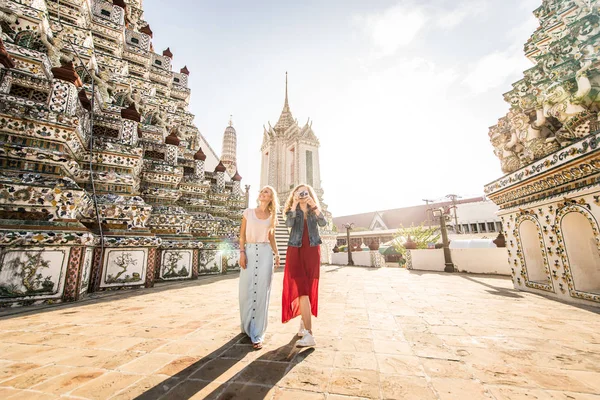
In cities like Bangkok or Mumbai, crowded buses and train stations are just part of daily life. People brush past each other constantly, and what feels like “too close” might be perfectly normal there.
Take a breath, keep your cool, and go with the flow — it’s not personal.
Like Travel Pug’s content? Follow us on MSN.
Keep Some Cash on You

Even in places with digital payments, you’ll run into cash-only situations, especially at markets or roadside stalls. Small bills are handy for tipping, taxis, or grabbing street food.
ATMs are common, but some may reject foreign cards, so don’t wait until you’re down to your last few bucks.
Don’t Touch Heads — Seriously

In several countries, especially Thailand and Laos, the head is seen as sacred. Even ruffling a kid’s hair can come off as rude. It’s a hard habit to break if you’re used to it, but better safe than sorry.
Just keep your hands away from anyone’s head, even casually.
Keep Public Affection Low-Key
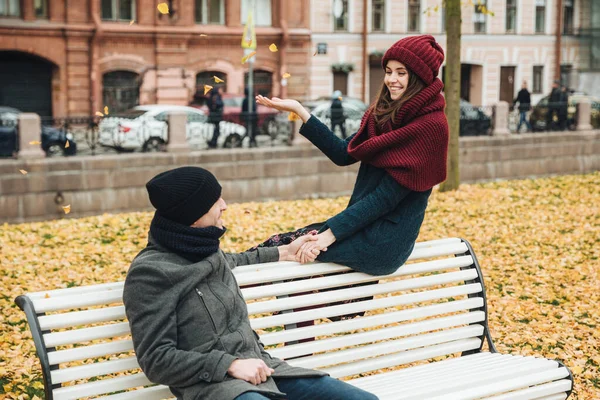
Hand-holding is usually fine, but anything more affectionate might raise eyebrows, especially in conservative areas. In some places, even hugging in public feels out of place.
Play it safe and keep things modest when you’re out and about. There’s a time and place for everything.
Like Travel Pug’s content? Follow us on MSN.
Bargain Without Being Pushy

In many markets, haggling is part of the fun — but don’t treat it like a battle. Vendors expect you to negotiate, but they also expect a smile and some manners.
Start with a friendly offer, and if it doesn’t work out, just walk away. It’s not personal — it’s business with a bit of flair.
Get Ready to Take Your Shoes Off Often
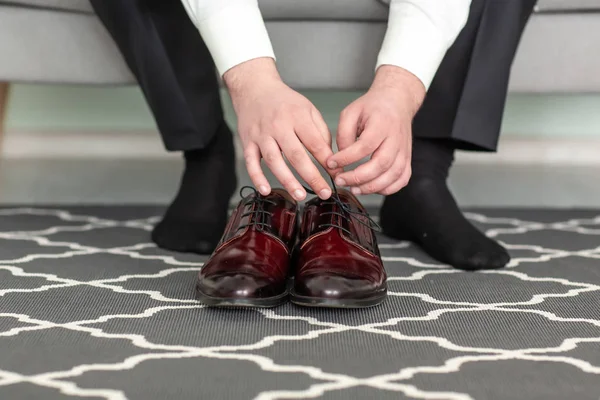
It’s not just temples and homes — you might be asked to remove your shoes at spas, small shops, or restaurants. Shoes that slip on and off easily will make your life much easier.
Clean socks are a bonus if you’re not a fan of going barefoot in public.
Don’t Expect Lines to Always Exist
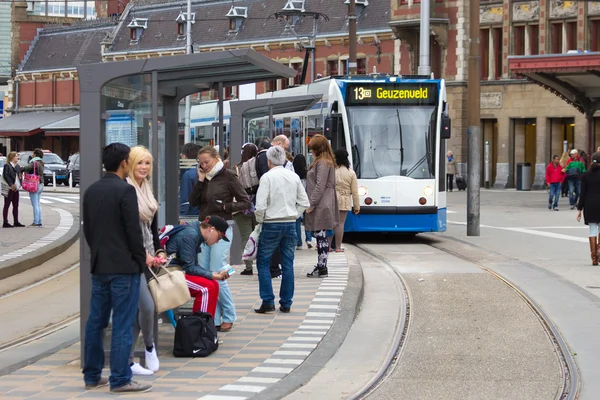
In some countries, people queue up neatly. In others, it’s more of a loose shuffle forward. It’s not cutting — it’s just a different way of doing things.
If it feels chaotic, take a deep breath and join the flow. You’ll figure it out quicker than you think.
Like Travel Pug’s content? Follow us on MSN.
Think Twice Before Taking Photos
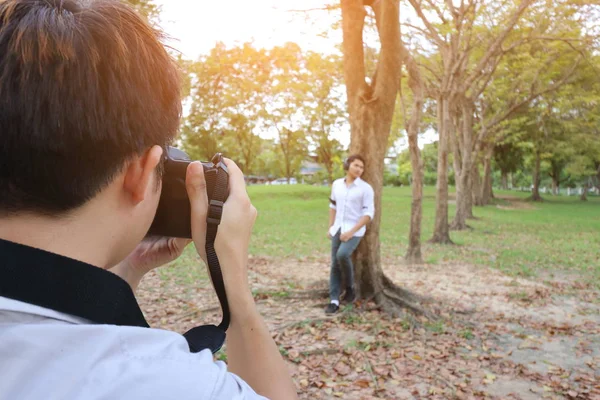
Snapping a photo of a local or a religious site might seem harmless, but not everyone’s okay with it. Always ask before photographing people, especially monks, elders, or kids.
At temples, check for signs or ask quietly before you click. It’s about showing respect, not just getting the perfect shot.
Be Flexible with Schedules
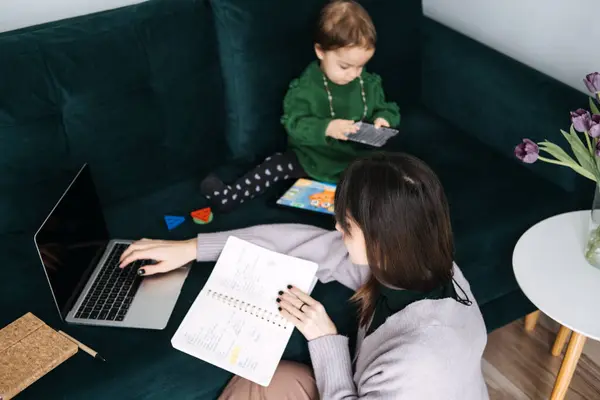
Some countries are super punctual — Japan, for example, runs like clockwork. Others? Not so much. Trains might be delayed, shops may open late, or a “10-minute wait” turns into half an hour.
Don’t fight it. Adjust your expectations and enjoy the slower pace when it shows up.
Don’t Treat Religious Symbols Like Souvenirs
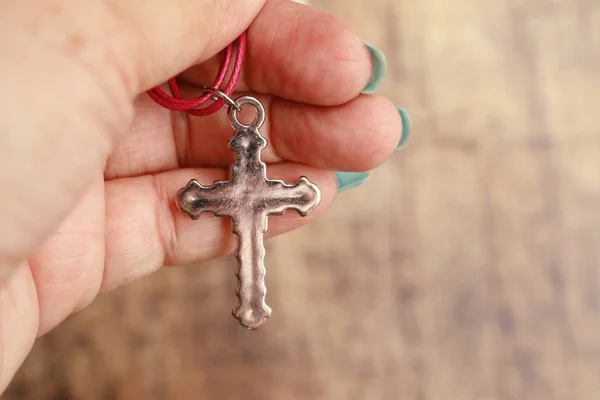
Wearing a Buddha necklace or taking goofy selfies at temples might feel harmless, but in some places, it isn’t very kind. Sacred things aren’t decorations.
If you’re unsure, just watch how locals act around those spaces and follow their example.
Like Travel Pug’s content? Follow us on MSN.
Culture Shock Is Normal — So Don’t Panic
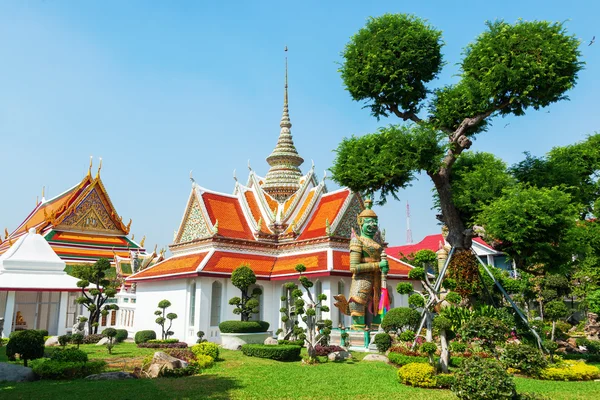
Feeling a little lost or awkward is totally normal when you’re somewhere new. Things won’t always make sense right away. Just stay curious, ask questions when needed, and be open to learning as you go.
That’s how culture shock slowly turns into cultural understanding.
Travel Feels Better When You Respect the Details

Exploring Asia comes with challenges, but most of them fade fast once you start paying attention. Small habits — like removing your shoes or learning a local phrase — go a long way in building connections and avoiding awkward stumbles.
The more you adjust, the more you’ll feel at home — even when you’re halfway across the world.
More from Travel Pug

- 20 Best Beach Towns in the Carolinas
- 13 Destinations Where Tourists Regularly Regret Their Trip
- 20 Things You Actually Get in First Class
- 20 Small Airports With Aviation Museums
- 20 Places in the U.S. That Are Perfect for a Reset Trip
Like Travel Pug’s content? Follow us on MSN.
